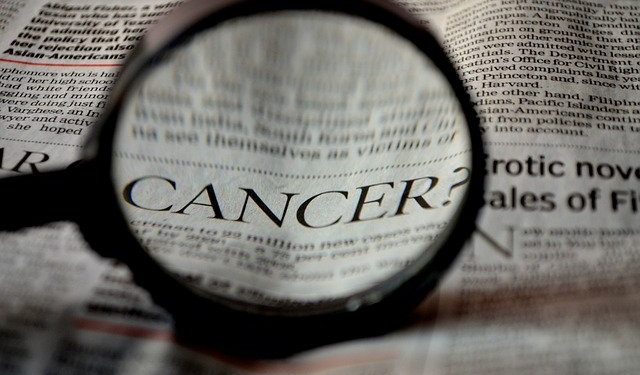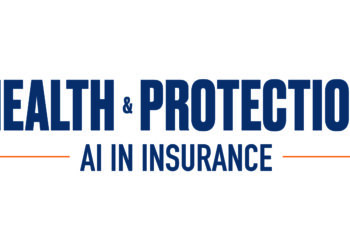More than three in 10 American cancer patients report trouble paying for their health needs, according to a survey from researchers at the University of Alabama-Birmingham using data from the Patient Advocate Foundation (PAF).
The study shows around 31% of respondents reported trouble paying for healthcare during that time period. However, the rate was highest among respondents on employer-sponsored plans, 59% of whom reported trouble paying for healthcare.
More than 30% of cancer patients reported having problems paying for their care, and over half have other financial troubles.
According to PAF in recent years in the US, private insurance has shifted an increasing percentage of cost-sharing onto patients. In 2020, individual silver plan ACA deductibles averaged $4,450 and 26% of individuals with employer-sponsored insurance had annual deductibles of at least $2,000.
The study also revealed more than half of respondents, 57%, reported trouble paying for non-healthcare needs. Challenges cited included trouble paying for food, housing, transportation and internet. Medicaid beneficiaries were the most likely to report trouble affording non-healthcare expenses.
Kathleen Gallagher, vice president of health services at PAF, said: “Not only is this a story about the high cost of cancer, it’s also a story about how certain insurance plan benefit designs purposefully shift costs to patients in a way that may cause them to delay seeking care.”
Rebekah Angove, executive vice president of research and evaluation at PAF, added: “We already know that households that spend at least 10% of their income on healthcare costs are more likely to delay treatments.
“When we look in particular at patients who are on a fixed income, first with the pandemic and now inflation, their financial hardships are more acute than they would have been five years ago. Providers need to be more aware of the financial difficulties that their insured patients may be experiencing and initiate conversations about how they plan to cover these costs and if they need assistance locating resources.”
The study surveyed 1,437 respondents, 97% of whom were insured during the Covid pandemic. Most respondents were enrolled in Medicare (48%), 22% in employer-sponsored insurance, 13% in Medicaid, 6% in an Affordable Care Act (ACA) plan, and 3% were uninsured.






